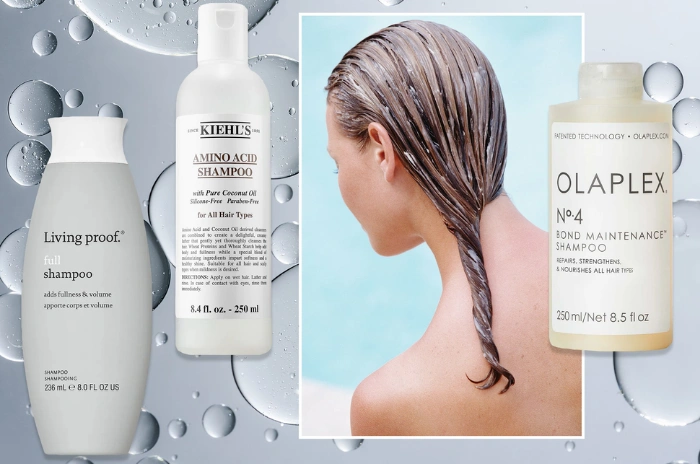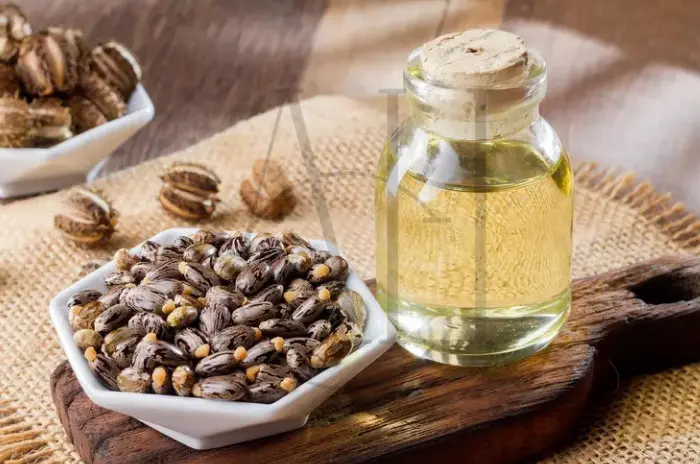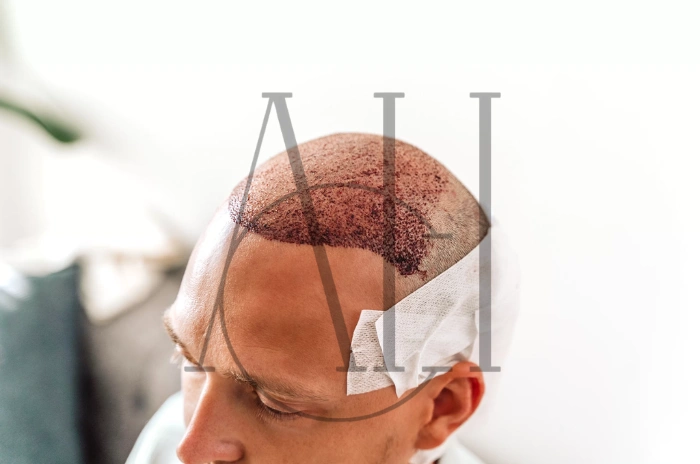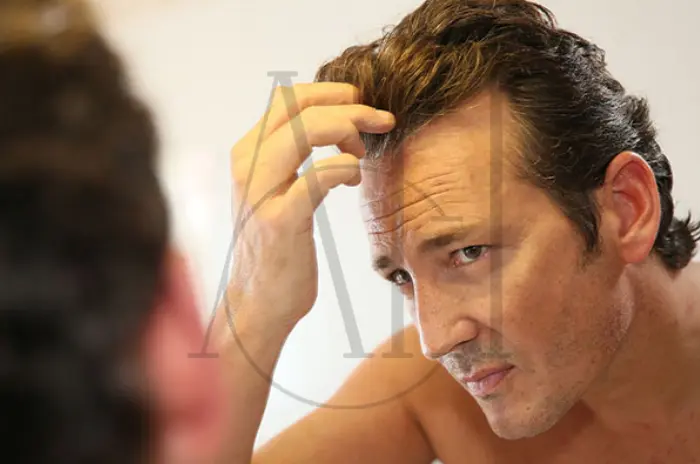Choosing the right shampoo for hair types can transform your hair care routine and significantly improve your hair’s health and appearance. With countless products lining store shelves, finding the perfect match for your specific needs requires understanding your hair type and its unique requirements. The right shampoo doesn’t just clean your hair—it nourishes, protects, and enhances your natural texture while addressing specific concerns like dryness, damage, or excess oil.
Your hair type determines everything from how often you should wash to which ingredients will benefit you most. Fine hair requires different care than thick, coarse strands, while curly hair has vastly different needs compared to straight hair.
Table of Contents
ToggleFinding the Best Shampoo for Your Specific Hair Type
Identifying your hair type involves examining both your hair’s texture and your scalp’s condition. Hair texture ranges from fine to medium to coarse, while density can be thin, normal, or thick. Your scalp might be oily, normal, or dry, and these characteristics often don’t align.
Shampoo for fine hair should be lightweight and volumizing, avoiding heavy moisturizing ingredients that can weigh down delicate strands. Look for formulas containing rice protein, biotin, or panthenol that add body without bulk. Fine hair typically needs more frequent washing, as oils from the scalp can quickly make it appear greasy and flat.
| Hair Type | Key Characteristics | Recommended Shampoo Features | Wash Frequency |
|---|---|---|---|
| Fine Hair | Silky texture, easily weighed down | Lightweight, volumising shampoo, protein-rich | Daily to every other day |
| Medium Hair | Moderate thickness, flexible | Balanced moisture, best overall shampoo | Every 2-3 days |
| Coarse Hair | Thick strands, resistant to styling | Hydrating shampoo, cream-based formulas | 2-3 times per week |
| Curly Hair | Curved structure, prone to dryness | Sulphate free shampoo, moisture-rich | 1-2 times per week |
| Oily Hair | Excess sebum production | Clarifying shampoo, oil-control ingredients | Daily or as needed |
| Damaged Hair | Brittle, broken cuticles | Repairing shampoo, protein treatments | Every other day |
Medium-textured hair offers the most flexibility in product choice. This hair type can handle a wider range of formulations, from gentle daily cleansers to more intensive treatments. The key is finding a best overall shampoo that maintains moisture balance without over-conditioning.
Coarse hair requires more intensive moisturizing and hydrating shampoo formulas. These hair types benefit from cream-based shampoos containing ingredients like shea butter, argan oil, or ceramides.
Top Volumising Shampoos for Fine and Flat Hair
Shampoo for fine hair needs to create lift and body without weighing down delicate strands. Volumising shampoo formulations typically contain lightweight proteins and polymers that coat the hair shaft, creating the appearance of thicker, fuller hair.
The best volumizing formulas contain ingredients like hydrolyzed wheat protein, which penetrates the hair shaft to strengthen from within, and polymers that create microscopic layers around each strand. Avoid heavy oils, silicones, and conditioning agents in your shampoo if you have fine hair.
Clarifying shampoo can be particularly beneficial for fine hair when used weekly. Product buildup weighs down fine strands more noticeably than other hair types, so regular clarification helps maintain volume and bounce.
The Best Repairing Shampoos for Damaged Hair
Shampoo for damaged hair focuses on rebuilding the hair’s structure while gently cleansing. Damage can result from chemical processing, heat styling, environmental exposure, or mechanical stress from brushing and styling. Repairing shampoo formulations contain proteins, amino acids, and reconstructive ingredients.
Protein treatments in shampoo form can help temporarily strengthen damaged hair, but balance is crucial. Too much protein can make hair brittle and prone to breakage, while too little won’t provide adequate repair benefits.
Keratin-based shampoos are particularly effective for damaged hair, as keratin is the primary structural protein in hair. These formulations help smooth the cuticle layer, reducing frizz and improving shine while providing structural support.
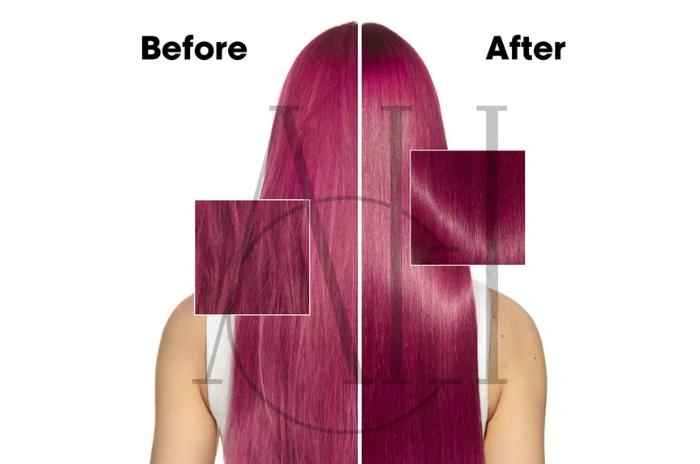
Shampoo Recommendations for Curly and Frizzy Hair
Shampoo for curly hair requires special consideration, as curly hair tends to be drier and more fragile than straight hair. The curved structure of curly strands makes it difficult for natural oils to travel from the scalp to the ends.
Sulphate free shampoo is often the best choice for curly hair, as traditional sulfates can be too harsh and stripping. Sulfate-free formulations use gentler cleansing agents that clean effectively without removing essential moisture.
Curl-defining shampoos contain ingredients that enhance natural curl patterns while providing moisture. Look for formulas with glycerin, which helps curls retain moisture from the environment, and natural oils like coconut, jojoba, or argan oil.
Co-washing, or using a cleansing conditioner instead of traditional shampoo, has become popular among those with very curly or coily hair. These products provide gentle cleansing while maintaining maximum moisture.
How to Choose a Shampoo for Colour-Treated Hair
Shampoo for colour-treated hair must balance gentle cleansing with color protection. Chemical coloring processes open the hair cuticle, making strands more porous and vulnerable to damage. Color-safe formulations are typically sulfate-free and contain UV filters and antioxidants.
pH-balanced formulas are crucial for color-treated hair. Shampoos with a slightly acidic pH (around 4.5-5.5) help seal the cuticle layer, locking in color molecules and preventing premature fading.
Shampoo for color-treated hair often contains color-depositing pigments that help refresh and maintain hair color between salon visits. Purple shampoos neutralize yellow tones in blonde hair, while red-tinted formulas can enhance auburn and copper shades.
Best shampoo for oily hair and scalp
Shampoo for oily hair needs to effectively remove excess sebum without over-stimulating oil production. Oily scalps often result from genetics, hormonal fluctuations, or over-washing, which can trigger increased oil production.
Clarifying ingredients like tea tree oil, salicylic acid, and charcoal can help control excess oil while providing antibacterial benefits. These ingredients work to deep-clean the scalp and hair follicles, removing buildup that can contribute to oily appearance.
Shampoo for oily hair should focus cleansing power on the scalp rather than the hair lengths. The scalp produces oil, while the mid-lengths and ends of hair often need protection and moisture.
The Best Volumizing Shampoos for Fine and Flat Hair
Volumising shampoo technology has advanced significantly, offering multiple approaches to creating fuller-looking hair. Modern formulations use various mechanisms, from coating individual strands to lifting at the roots.
Rice protein is particularly effective in volumizing formulas, as it has a small molecular size that allows it to penetrate the hair shaft and expand from within. This creates genuine volume rather than just surface coating.
Lightweight silicones in some volumizing shampoos can provide benefits without weighing down fine hair. These specifically formulated silicones are designed to evaporate or wash out easily while providing temporary body and shine enhancement.
Shampoo for fine hair with volumizing properties works best when paired with appropriate styling techniques. Using lukewarm water, focusing shampoo on the scalp, and avoiding heavy conditioning on the lengths can maximize the volumizing effects.
FAQ :Best Shampoo and Conditioner For Your Hair Type
How do I know my hair type?
Examine your hair when it’s clean and natural—fine hair feels silky and is easily weighed down, medium hair has moderate thickness and flexibility, while coarse hair feels thick and can be resistant to styling.
What are the best ingredients for my hair?
Fine hair benefits from proteins and lightweight moisturizers, damaged hair needs keratin and repair complexes, curly hair requires heavy moisturizers and oils, while oily hair responds well to clarifying agents like tea tree oil.
Do I need a sulfate-free shampoo?
Sulphate free shampoo is beneficial for dry, damaged, curly, or color-treated hair, as sulfates can be stripping—however, those with very oily hair or significant product buildup may benefit from occasional sulfate-containing formulas.
What shampoo helps reduce oily scalp?
Look for clarifying shampoo with ingredients like salicylic acid, tea tree oil, or charcoal that deep-clean the scalp, and avoid over-washing which can trigger increased oil production.

